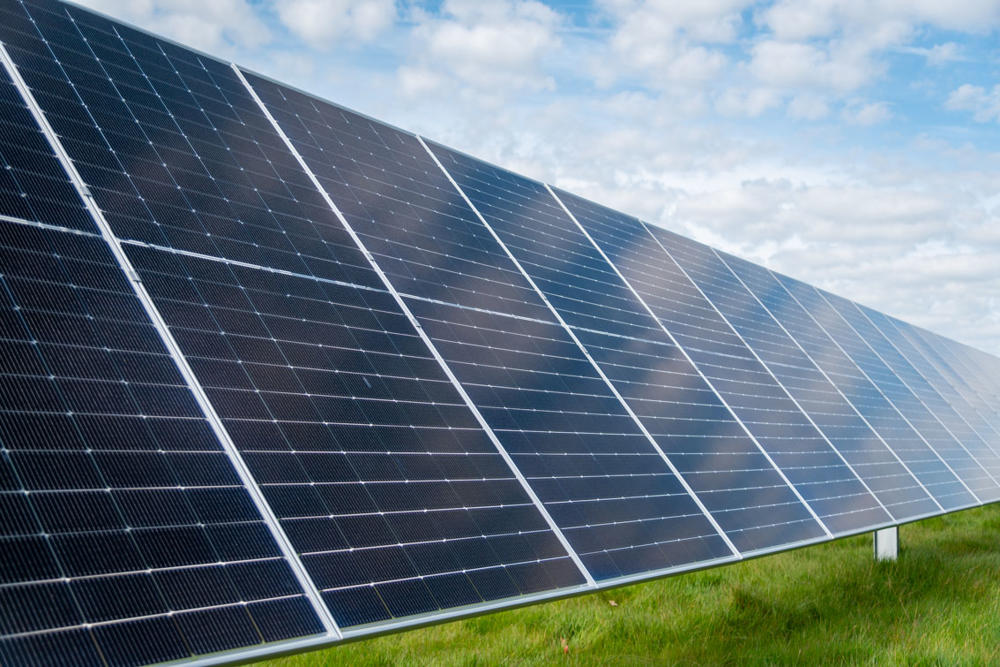
After a decade of progress, the global energy transition has plateaued amid the global energy crisis and geopolitical volatilities, according to a new World Economic Forum report, Fostering Effective Energy Transition 2023. The report suggests that while there has been broad progress on clean, sustainable energy, there are emerging challenges to the equity of the transition – just, affordable access to energy and sustained economic development – due to countries shifting their focus to energy security.
The report, published in collaboration with Accenture, draws on insights from the Energy Transition Index (ETI), showing that over the past decade, 95 per cent of countries have improved their total ETI score, with improvements more pronounced for countries that consume a large amount of energy, including China, India, Republic of Korea and Indonesia.
Broadly speaking, however, ETI scores have plateaued in the past three years. This speed of transition is not sufficient to meet the Paris Agreement targets in an inclusive and secure way. The geopolitical and macroeconomic volatilities that prompted the recent global energy crisis shifted countries’ focus to maintaining secure and stable energy supply at the expense of universal affordability and challenge progress observed in the past decade.
Indeed, ETI scores declined for approximately 50 per cent of the countries in the past year, which disproportionately impacted vulnerable consumers, small businesses and developing economies. Moreover, the growth rate of energy access has slowed and, at the current pace, the UN’s Sustainable Development Goal of affordable, reliable and sustainable energy access for all by 2030 will likely be missed.
“The recent turbulence in energy markets has exposed how interconnected energy prices are with macroeconomic and social stability. This can, and has, put developing countries at risk of losing their momentum gained before the energy crisis on access to affordable, sustainable energy,” said Roberto Bocca, Head of Energy, Materials and Infrastructure, World Economic Forum. “It further demonstrates the importance of balancing improvements in energy security, sustainability and equity – at the same time – to enable an effective energy transition.”
Spotlight on countries’ progress
Sweden (1), Denmark (2) and Norway (3) lead the ETI 2023 rankings and have been the top three countries each year for the past decade. Despite their diverse energy system structures, they share common attributes, such as high levels of political commitment and stable regulatory frameworks, investments in research and development, increased renewable energy deployment and carbon pricing schemes to incentivise investments in low-carbon solutions.
France (7) is the only G20 country in the top 10, followed closely by Germany (11), the US (12), and the UK (13). Strong performance by the world’s largest economies, supported by the rapid development of renewable energy infrastructure and rising levels of investments in clean energy, is a signal of progress on the energy transition. Exposure to gas price volatilities is a risk factor to the inclusiveness of the energy transition, as demonstrated by the recent energy crisis and its fiscal and monetary implications, especially for European countries.
Brazil (14) and China (17) are the major emerging economies to appear in the top 20. Due to abundant hydroelectricity capacity and leadership in biofuels, Brazil scored high on energy security and environmental sustainability, accounting for 7% of renewable energy production worldwide. China leads on renewable energy investments and capacity development, supported by mature domestic supply chains, and in the incubation of industries such as electric vehicles and energy storage.
The long-term goals of the energy transition require sustained momentum in the wake of the current near-term volatilities. India (67) and Singapore (70) are the only major economies showing true momentum by advancing sustainability, energy security and equity in a balanced way. For example, despite continued economic growth, India has successfully reduced the energy intensity of its economy and the carbon intensity of its energy mix, while achieving universal energy access and effectively managing affordability of electricity.
Looking at each facet of energy system performance, fuel-exporting nations – Oman (90), Canada (19), Saudi Arabia (57) and Qatar (59) – scored among the highest in equity and inclusiveness, providing affordable energy for households and industries and leveraging the energy sector to empower economic growth. Notably, the US, Sweden, and Israel (28) also score high on this dimension, largely due to cost-reflective energy prices and leadership on trade in low-carbon technology products.
Advanced economies – the US, Australia (24) and Estonia (10) – scored highest in energy security, measuring the resilience and reliability of supply. A highly diversified energy mix, low dependence on fuel imports and limited interruptions in energy supply were contributing factors. Notably, they were closely followed by an emerging economy, Malaysia (35).
The report revealed that many countries – amounting to over 90% of global emissions – are prioritising sustainability, focusing on policies and programmes that promote energy conservation, renewable technologies and innovation in energy storage and grid modernisation. Latin America led the way, with low levels of carbon intensity in energy supply, low per capita emissions and a high share of clean energy in final demand. Paraguay (34), Costa Rica (25) and Uruguay (23) in particular reaped the advantages of their abundant hydroelectric potential.
The response to the global energy crisis has opened new opportunities for countries to reduce the energy intensity of their economic growth and increase the resilience of energy systems,” said Espen Mehlum, Head of Energy Transition intelligence and Regional Acceleration, World Economic Forum.
“Together with the continued pressure to transform energy systems to respond to the urgent need to address climate change, it provides strong foundations to further accelerate the global energy transition.”










